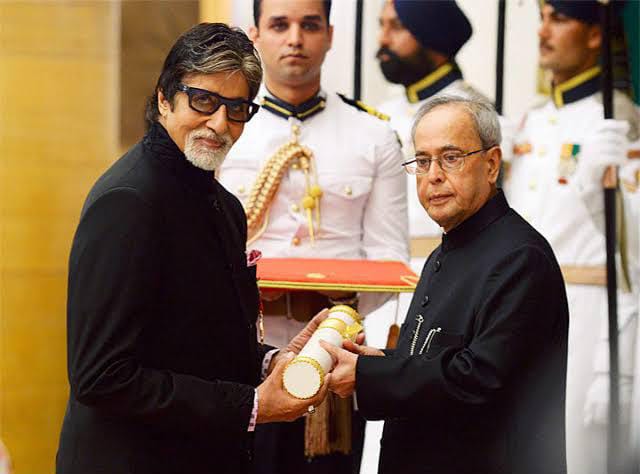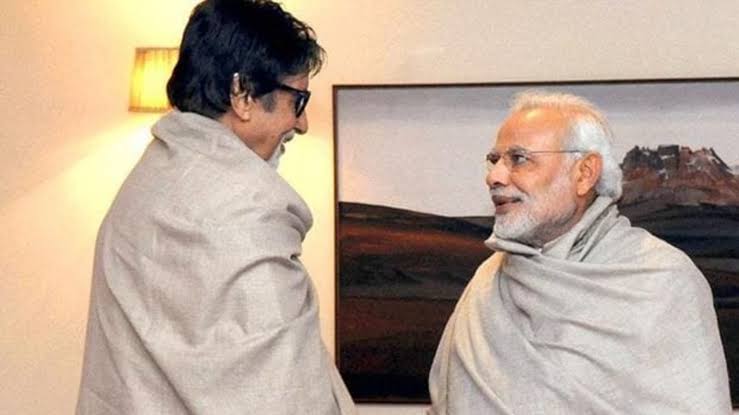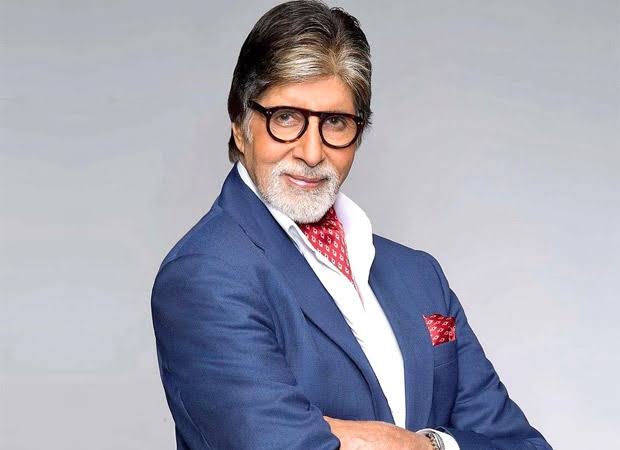Amitabh Bachchan, an epitome of grandeur and versatility in the Indian film industry, has transcended the traditional boundaries of cinema, becoming an enduring symbol of success, resilience, and artistic excellence. Over five decades, Bachchan has not only entertained but also inspired millions with his transformative performances and distinctive persona. This article delves into the life, career, and legacy of Amitabh Bachchan, exploring the factors that have cemented his status as one of Bollywood’s most revered actors.
Born on October 11, 1942, in Allahabad (now Prayagraj), Uttar Pradesh, Amitabh Bachchan was the son of the renowned Hindi poet Harivansh Rai Bachchan and Teji Bachchan. His educational journey took him from Sherwood College in Nainital to Kirori Mal College in Delhi University, where he earned a degree in arts. Despite a rich literary background, Bachchan’s initial career choice was far from the silver screen; he worked in a shipping firm before succumbing to his passion for acting.
Bachchan’s foray into films was not smooth. His tall, lanky frame and deep baritone voice were initially seen as impediments in the industry that favored more conventional heroes. However, his determination saw him through. After a few inconspicuous roles, he gained recognition with "Anand" (1971), where his portrayal of Dr. Bhaskar Banerjee earned him the Filmfare Award for Best Supporting Actor.
The turning point in Bachchan’s career came with "Zanjeer" (1973), where he portrayed Inspector Vijay Khanna, a role that introduced the archetype of the 'angry young man' to Indian cinema. This persona resonated deeply with the socio-political climate of India in the 1970s, marked by disillusionment and unrest. Bachchan’s intense performances in subsequent films like "Deewaar" (1975), "Sholay" (1975), and "Trishul" (1978) cemented his place as a leading actor in Bollywood.
"Sholay," in particular, remains a monumental film in Indian cinema. Bachchan’s portrayal of Jai, alongside Dharmendra, is etched in the collective memory of the audience. The film’s dialogues, characters, and music continue to be celebrated, with Bachchan’s performance being a significant highlight.
While the 'angry young man' image dominated the 1970s and early 1980s, Bachchan’s versatility shone through in various genres. Films like "Amar Akbar Anthony" (1977) showcased his comic timing, while "Kabhi Kabhie" (1976) highlighted his romantic side. He ventured into social dramas, family sagas, and even experimented with different characters in films like "Don" (1978) and "Silsila" (1981).
The 1980s saw Bachchan transitioning into more mature roles, culminating in films like "Shahenshah" (1988). However, a near-fatal accident on the sets of "Coolie" (1983) temporarily halted his career. This period saw an outpouring of public affection and prayers, underscoring his immense popularity and the deep connection he had forged with his audience.
In 1984, Bachchan took a brief hiatus from films to enter politics, encouraged by his close friend Rajiv Gandhi. He won a seat in the Indian Parliament from Allahabad but soon grew disillusioned with politics, resigning after three years.
Bachchan’s return to cinema in the late 1980s and early 1990s was marked by mixed success. The advent of younger stars and changing audience tastes presented new challenges. However, the late 1990s and early 2000s witnessed a remarkable resurgence. With films like "Mohabbatein" (2000), "Baghban" (2003), and "Black" (2005), Bachchan reinvented himself, taking on roles befitting his age and experience.
One of the most significant milestones in Bachchan’s career post-comeback was his foray into television. Hosting the Indian version of "Who Wants to Be a Millionaire?"—"Kaun Banega Crorepati" (KBC)—in 2000 brought him into the living rooms of millions, revitalizing his career and connecting him with a new generation of fans. His empathetic and charismatic hosting style endeared him to audiences, further solidifying his status as a cultural icon.
Amitabh Bachchan’s contributions to cinema have been recognized with numerous awards and honors. He has won four National Film Awards for Best Actor and fifteen Filmfare Awards. In 1984, he was awarded the Padma Shri, followed by the Padma Bhushan in 2001, and the Padma Vibhushan in 2015. In 2018, he received the prestigious Dadasaheb Phalke Award, India’s highest award in cinema.
Bachchan’s influence extends beyond films. He has been involved in various humanitarian efforts, including polio eradication campaigns, environmental initiatives, and COVID-19 relief work. His baritone has become synonymous with public service announcements and poetry recitations, further showcasing his multifaceted talent.
Amitabh Bachchan’s journey from a struggling actor to a cinematic legend is a testament to his resilience, versatility, and indomitable spirit. His ability to adapt and reinvent himself in an ever-evolving industry has not only sustained his career but has also kept him relevant across generations. As he continues to captivate audiences with his performances and presence, Bachchan’s legacy as the quintessential superstar of Bollywood remains unchallenged and ever-inspiring.






